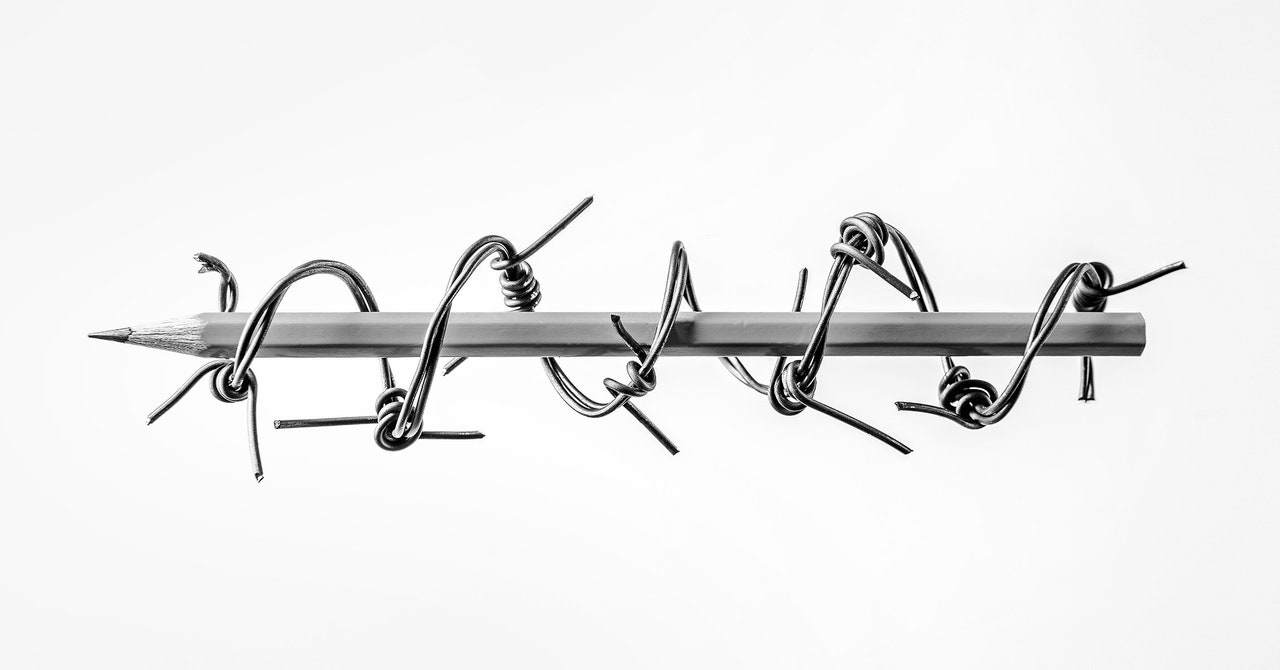Before I became Twitter CEO, owner and ‘Chief Twit’, Elon Musk had often criticized the platform for his approach to content moderation, even going so far as to target former company chief executive, Vijaya Gadde. But while Musk has expressed concern about the “liberal bias” on the platform, many activists, journalists and advocates outside the US — where the majority of Twitter users live — are beginning to worry about how Twitter, now without governance or shareholders and led by a CEO with multiple business entanglements, will respond to authoritarian and authoritarian-inclined governments that have long sought to control public opinion.
“How he handles pressure from countries like Saudi Arabia and India – I think those are important indicators of where he’s going with the platform,” said David Kaye, former UN Special Rapporteur on the right to freedom of opinion and expression. and clinical professor of law at the University of California, Irvine.
While Twitter doesn’t have nearly as many users as Meta-owned Facebook or Instagram, it’s widely used by activists, community groups, journalists, and politicians — all of whom are influential in shaping public policy and opinion. The platform has also proved crucial to those organizing protests in places like India, Nigeria and Argentina, and has provided an opportunity for people in highly controlled societies like Saudi Arabia to criticize their governments.
Jason Pielemeier, executive director of the Global Network Initiative, says Musk’s goal of expanding Twitter’s user base to more than a billion people could also influence his willingness to do battle with foreign governments to keep content on the platform.
While they may not represent a large portion of Twitter’s revenue stream at the moment, countries like Turkey, Indonesia, Nigeria and Pakistan, which have very large, increasingly online populations, are all attractive markets as the company strives to increase its revenues. and its user base, according to Pielemeier. But all of those countries have argued specifically with Twitter or more generally with social media companies, he says. Last year, the Nigerian government ordered all Internet Service Providers (ISPs) to block Twitter after the platform deleted a tweet from the country’s president, Muhammadu Buhari, for violating his policies. The government lifted the ban only after Twitter agreed to open an office in the country and pay local taxes.
In India, Twitter’s third-largest market, the company filed a case earlier this year to challenge the government’s order to remove both individual pieces of content and entire accounts that the government considers a security risk. or sovereignty of India.
But Raman Jit Singh Chima, senior international advisor and Asia-Pacific policy director at Access Now, is concerned that Twitter under Musk will not pursue the lawsuit. (In his August counterclaim against Twitter, Musk cited the lawsuit in India as a threat to the company’s presence in the third-largest market.) “It would justify a highly problematic, unconstitutional series of actions by the Indian government. “, he said. say. “It also sends a signal to the global tech industry saying, ‘Go back, try not to do more.'”

